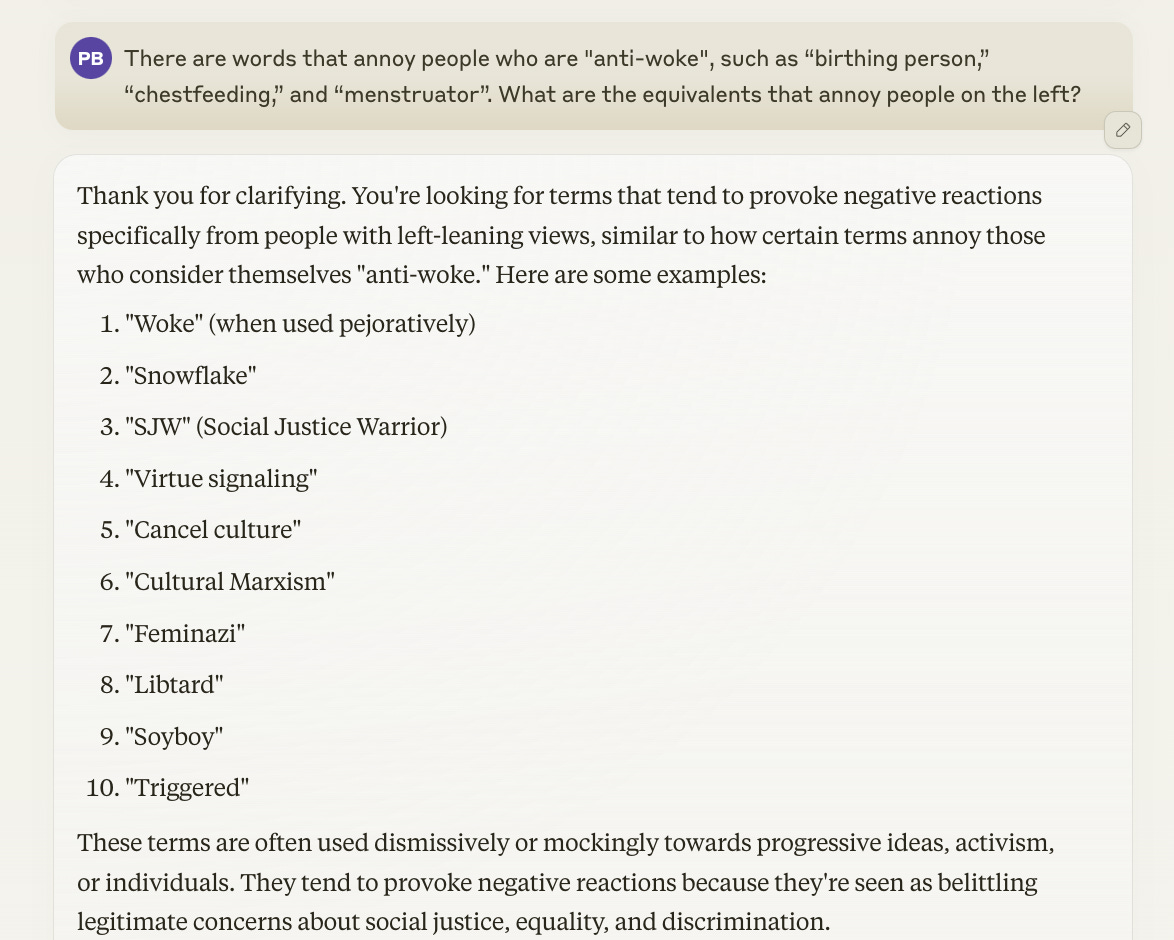Six ways I use AI when writing
And four ways that AI fails me

Tyler Cowen recently said he regularly uses generative AI when working, just as many of us now use Google. I've been trying to do the same.
As I write this, I have Claude open in front of me. This is partly because I want to become fluent in using AI—it will be increasingly important in our daily lives. But I also get immediate benefits. Claude helps improve my writing and my work more generally.
It took a while, though, to understand what Claude does well. In Co-Intelligence: Living and Working with AI, Ethan Mollick pointed out that many people start with the wrong idea of what AIs are good at. We know traditional computers excel at precise, logical tasks such as doing math and looking up information, and they do poorly at creative tasks like telling stories and brainstorming ideas. We tend to assume that LLMs will do the same. And this is mistaken—in fact, the reverse is usually true.
So here’s what I learned. Please leave further suggestions in the comments, and also let me know if you think that systems other than Claude—Gemini, Copilot, Grok, the many versions of ChatGPT, etc.—would serve as better writing assistants.
What it’s good at
Sentence improvement. I don’t use Claude to write for me. (More on this below). But sometimes, I’ll have a sentence or paragraph I’m not happy with, and I’ll throw it at Claude to make suggestions. I never just paste what it suggests, but the feedback is often helpful.1
Examples. Claude is terrific at providing examples. For a post on social change, I had several examples of words that annoy the “anti-woke,” but I couldn’t think of good examples of words that annoy people on the left. Claude had useful suggestions.




